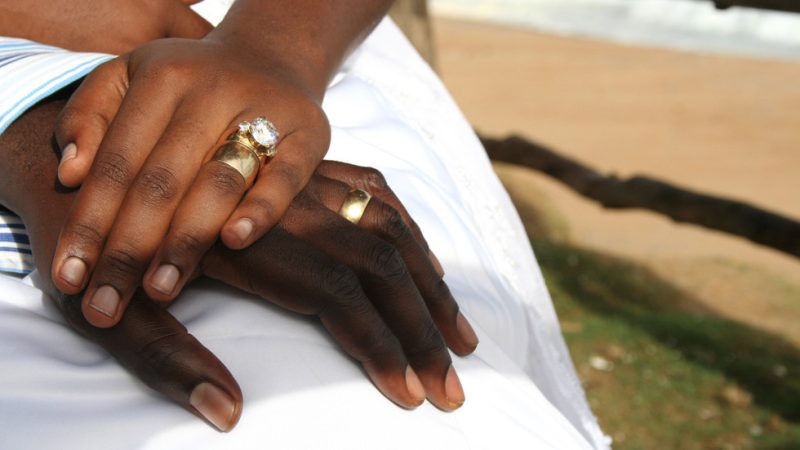
In a landmark decision hailed as historic, South Africa’s Constitutional Court has granted men the right to adopt their wives’ surnames upon marriage. This ruling overturns a long-standing legal practice rooted in colonial-era laws that reinforced patriarchal norms and gender inequality. Justice Leona Theron, in her decision, explicitly stated that the traditional practice of women adopting their husbands’ names stemmed from a colonial legacy where women were seen as legally inferior. The court found that the previous legal framework’s failure to extend this right to men constituted unfair gender-based discrimination.
The ruling came after a legal challenge from two South African couples, Jana Jordaan and Henry Van Der Merwe, and Jess Donnelly-Bornman and Andreas Nicolas Bornman. Mr. Van Der Merwe was initially prevented from taking his wife’s surname, highlighting the discriminatory nature of the existing laws. Similarly, Mr. Bornman was denied the ability to hyphenate his surname with his wife’s. The court’s decision to suspend the declaration for 24 months allows Parliament time to amend existing legislation or create a new framework ensuring legal equality.
This legal victory contrasts with practices in other African nations. While many countries across the continent allow for gender-neutral name changes, North African nations like Tunisia, Morocco, and Egypt, do not currently provide for surname changes through marriage. This underscores the unique nature of South Africa’s progressive decision and its potential implications for gender equality discussions across the region.
The ruling is a significant step towards dismantling outdated patriarchal norms embedded within South African law. It signals a shift away from colonial-era legacies that perpetuated gender inequality. However, the 24-month suspension period leaves room for potential setbacks. The coming months will be crucial in observing Parliament’s response and ensuring that the spirit of the court’s decision is fully implemented, ensuring true gender equality in marriage and beyond.










